 |
| January 14, 2020 |
Dear Reader,
Have you ever wondered where consciousness comes from? You're not alone. Answering this question is one of the biggest challenges in science. In our main story, philosopher Philip Goff argues a provocative viewpoint: consciousness is not unique to humans, it permeates the universe and is the foundation of it. Next up, scientists at Stanford University say aging is personal on a molecular level. In a study published yesterday, they concluded that, similarly to having a unique genotype, people have an individual "ageotype." Lastly, technology will make elections more secure--but not by the 2020 U.S. presidential election, writes our columnist Wade Roush. |
| | Sunya Bhutta, Senior Editor, Audience Engagement
@sunyaaa | |
 |
| |
| |
| |
| |
| |
| |
FROM THE STORE
 | | Your Brain in the Smartphone Age According to recent headlines, today's device-wielding teens are socially, emotionally and cognitively doomed. Reality, however, is not so clear cut. In this eBook, we've gathered what science has to say about the effects of smartphones and social media use on teenagers, as well as its effects on thought processes and relationships and its potential as a tool to monitor mental health. |  | | |
| |
FROM THE ARCHIVE
 | | | |
| |
| |
LATEST ISSUES
 |
| |
| Questions? Comments?  | |
| Download the Scientific American App |
| |
| |



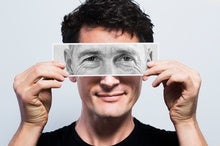




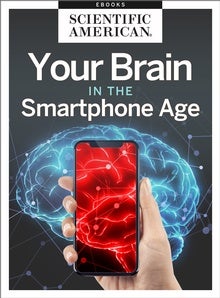

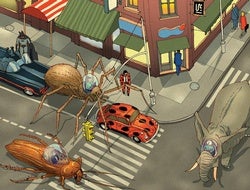
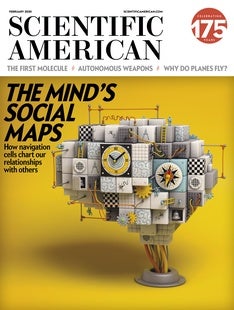

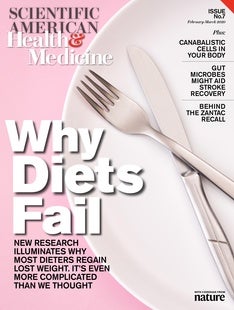
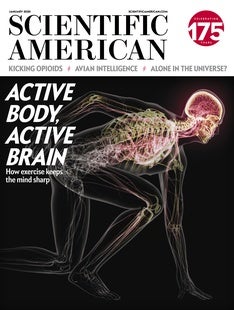
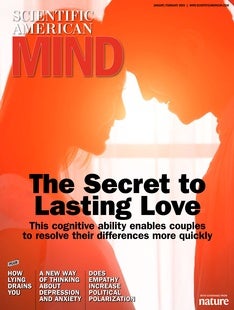



Comments
Post a Comment